Is there a said method that I can change in the central repo, and will reflect on all users?
No in a general (distributed) context: no hook or process of any kind can be "changed" on a central location and picked by all distributed downstream repos.
If your user created their repo following a central template, then some default hook could reference a central script (i.e. a script accessible by all users in a shared disk, if we are speaking on users on the same network).
adymitruk's answer argues to use a development branch, hence not committing private changes to "public" branch (i.e. branch that is pushed/pulled).
That is well and good but:
- this isn't an automatic process (enforceable to all repos), but an action taken by each developer individually (or not taken because they forgot)
- this involves sorting out the commits you don't want to publish from the ones you need to publish, which you would do in any case with a development branch, except in this case the developer has to do the extra step of remembering that any changes to those particular files must not be merged to the public branch. Ever. (provided he/she actually took the time to isolate those particular changes in a separate commit!)
It would be better to use a filter driver (which is declared in a .gitattributes file and can be propagated through clone) with:

a smudge script:
- able to recognize the content of your meta-data files
- saving their content on a checkout
a clean script:
- able to recognize the content of your meta-data files
- decide if their modifications need to be committed or not
- restore the initial content of those meta-data files on commit
